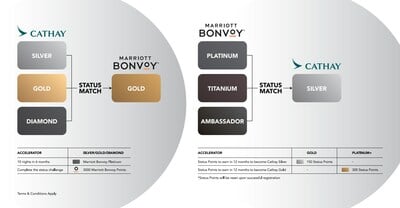JOHANNESBURG, South Africa – Delegates at the CITES meeting in Johannesburg have defeated an attempt to set up a process to resume sales of ivory.
Under discussion for eight years, the so-called Decision Making Mechanism was supported by a number of southern African states.
It was intended to work out a way for legitimate ivory sales to resume at some point in the future.
But the Conference of the Parties (COP) heavily rejected the proposal.
Double Dutch
The idea had its origins in a bitterly divided meeting of the Convention on International Trade in Endangered Species (Cites) in The Hague in 2007.
As a compromise between African states, a one off sale of ivory was allowed to China and Japan in 2008.
Countries agreed that they would then refrain from proposing any new sales until at least 2017.
A key part of the deal was the idea of a Decision Making Mechanism (DMM) that would, in the interim, come up with an effective way of allowing legitimate sales of ivory at some point in the future.
But little progress has been made over the past eight years and the issue came to a head at this meeting in Johannesburg today.
South Africa, supported by Namibia and Zimbabwe, attempted to force the issue by proposing the immediate adoption of a DMM. The COP rejected this heavily.
Amid some confusion over a new electronic voting system, the parties then decisively rejected the idea of any further talks on this process, by 76 votes to 20.
“This is a very significant step towards saving the African elephant and we are very happy that the COP have finally ended this DMM,” said Dr Patrick Omondi who is a Kenyan government representative at Cites.
“We were very concerned about this process because it was sending the wrong signals to the organised criminals, we have been opposed to it and we are happy.”
Some conservationists were delighted with the outcome, suggesting it was something of an own goal by South Africa.
“The size of the majority surprised the advocates of ivory trade,” said Robert Hepworth a former chair of the Cites Standing Committee and now an adviser to campaigners, the David Shepherd Wildlife Foundation.
“I think they thought they would get more support from a conference in South Africa, after all they are playing at home, than they actually got.”
“It was clear that the escalation in poaching over the last nine years was decisive. That has won the argument for the elephants.”
Little impact
Some observers argued that the vote essentially changed very little, and was more a reflection of a very divided approach to ivory and elephants among African states.
Many countries are supporting the idea of greater protection for elephants while Namibia and Zimbabwe are proposing a more liberal approach to ivory sales. It’s believed that both proposals will be rejected.
It’s also been pointed out that the issue of the DMM can be revived in the plenary sessions at the close of the meeting.
There were also feelings expressed by some that a few of the countries leading the charge against the DMM were also some of those who were seeing the biggest losses to poachers and were doing the least to stop trafficking networks.
Kenya is said to be the country where more ivory has transited through than any other over the past seven years.
As one insider dryly noted, “elephants would benefit more if they cleaned up Mombasa, than from any ending of the DMM”.






















